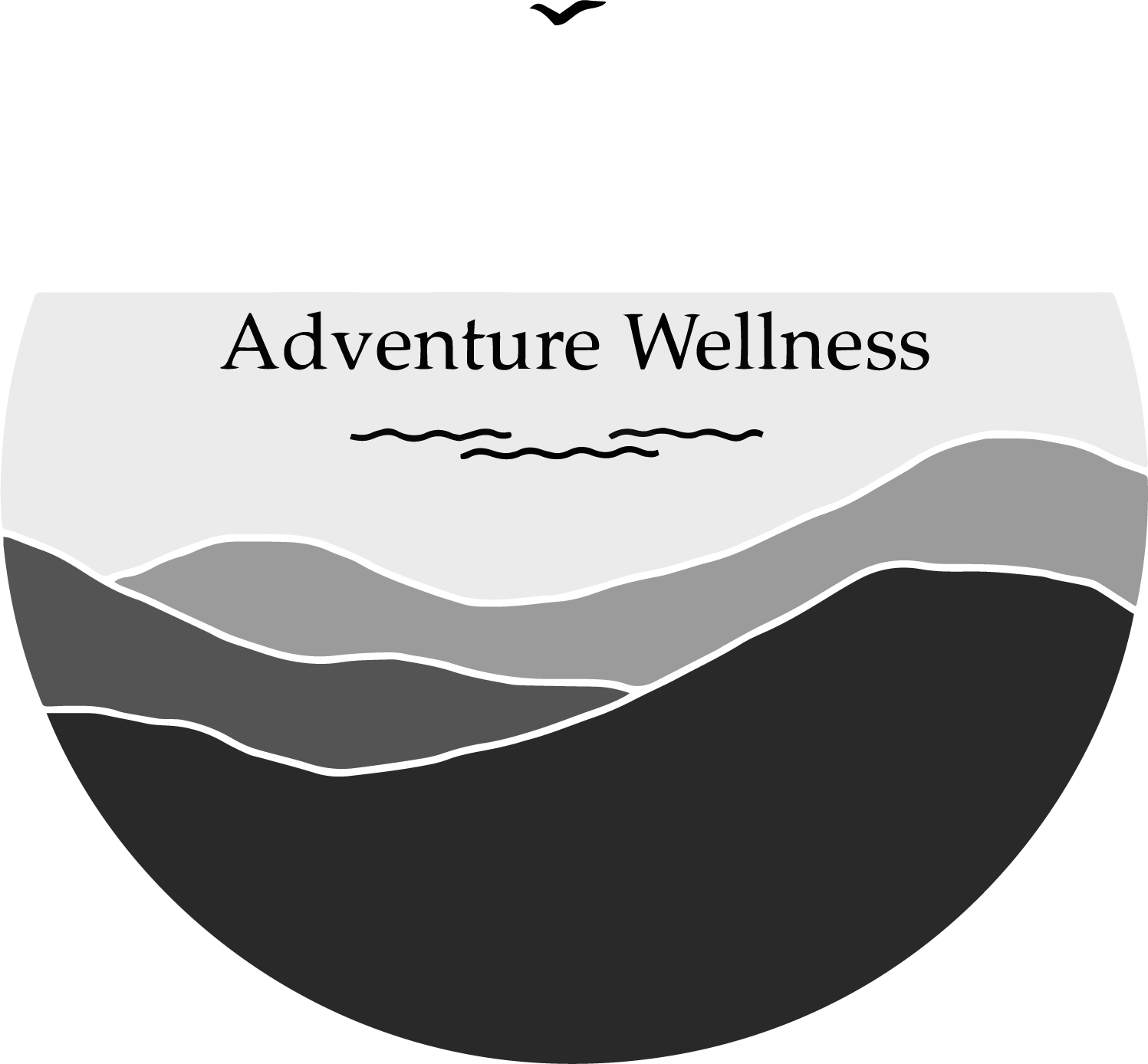Attributes of the Best Teams at Google
A Review of Findings from Two-year Study
(Inc. Magazine Apr 12, 2016)
As I continue to consider how individual behaviors, beliefs and attitudes affect the health, happiness and performance of teams and organizations, I come across studies and theories that provoke thought. Most recently, I came across an article about a Google research project that outlines…
Attributes of the most successful teams:
1. Psychological Safety such that team members feel they can say anything that is on their minds without offending other members and without fear of ridicule or retribution
2. Dependability – team members need to feel that others are really showing up and are accountable for their roles on the team and that everyone can depend on everyone else
3. Structure and Clarity – team members should feel a sense of efficiency and effectiveness for the time and effort they are devoting to the group dynamic of a team
4. Meaning – everyone wants to feel that the work of the team is meaningful and goes beyond just the short-term outputs of the team’s work
5. Impact – similar to meaning, team members want to feel that their efforts make a difference in the greater scheme of things both for the organization and the world at large.
What’s interesting to me is how these five attributes correlate to the pyramid of successful teams (from the 2002 book “Overcoming the Five Dysfunctions of Teams”). In that book, Trust (psychological safety) and Fearless Communication (psychological safety and Clarity) are the foundations of teams that have Commitment or Shared Purpose (meaning) and Accountability (dependability) among members. And these four components, stacked on top of each other, supporting the pyramid structure, allow for Results (impact) to happen.
It is interesting to consider as well how a low score on one attribute can be balanced by a higher score on another attribute. For example, teams that have a low dependability score because not everyone is really showing up can be helped by stronger structure and clarity. Alternatively, if a team has very high scores on meaning and impact, they may be able to function with lower scores in structure and clarity (e.g. some people are o.k. with uncertainty and greater flexibility).
